Hypoproteinaemia: Definition, Causes, Symptoms, and Treatment

Related products

What’s covered?
Hypoproteinaemia is a condition wherein there are lower-than-normal protein levels in the body.
Protein is a vital ingredient in practically every area of your body, including your bones, muscles, skin, hair, and nails. Protein keeps your bones and muscles strong. It builds up a molecule called haemoglobin, which delivers oxygen throughout the body. It also builds up compounds called enzymes, which drive the various processes that keep your organs operating.
You receive protein from meals including red meat, poultry, fish, tofu, eggs, dairy, and nuts. It would be best if you consumed protein every day since your body does not store it.

A lack of adequate protein may create difficulties such as:
- muscular loss
- delayed growth
- impaired immune system
- weakening heart and lungs
- severe protein deficit that may be life-threatening
What are the signs and symptoms?
Among the symptoms of hypoproteinaemia are:
- fluid retention causes swelling in the legs, face, and other regions of the body
- loss of muscle mass
- dry and falling out hair
- lack of growth in children
- cracked, pitted nails
- infections
- tiredness
What are the causes?
There are several causes why your body may be protein deficient.
Not enough protein in your diet
Protein deficiency is possible if you do not consume sufficient dietary sources. The term for severe protein deprivation is kwashiorkor. This illness is more prevalent in places where people lack sufficient food.
Kwashiorkor, often known as "oedematous malnutrition" because it is associated with oedema or fluid retention, is a nutritional condition that is particularly prevalent in famine-affected countries. It is a kind of malnutrition induced by a deficiency in protein intake. People with kwashiorkor often have an exceedingly emaciated look in all areas of their bodies, except for their ankles, feet, and stomachs, which expand with fluid.
If kwashiorkor is diagnosed and treated early, the majority of patients recover completely. The treatment consists of consuming more calories and protein. Children who have kwashiorkor may not grow or develop normally and may be permanently stunted. When treatment is delayed, severe consequences might arise, including coma, shock, and irreversible mental and physical disability. Kwashiorkor is potentially fatal if left untreated. It may result in severe organ failure and death.
Furthermore, some individuals may not eat enough protein owing to dietary preferences or aversions. This may also occur in dementia patients since they are far more likely to be unable to eat themselves and, thus, develop protein deficiency.
Your body cannot absorb protein properly from the meals you consume.
Malabsorption refers to difficulty absorbing protein from diets. Possible reasons include:
- Celiac disease - Small intestine damage is caused by celiac disease, a chronic digestive and immune disorder. The condition is induced by consuming gluten-containing foods. The condition may create persistent digestive issues and prevent the body from receiving all the nutrients it requires.
- Parasites and other pathogens cause Crohn's disease - Crohn's disease is a kind of inflammatory bowel disease (IBD). It inflames the digestive system, leading to stomach discomfort, severe diarrhoea, exhaustion, weight loss, and starvation. Inflammation-induced by Crohn's disease might affect various digestive system regions in different individuals.
- Pancreatic damage
- Intestinal abnormalities
- Surgery, including weight loss surgery or intestine-removal operations
Liver damage
Albumin, a protein produced by your liver, comprises about 60 per cent of the total protein in your blood. Albumin transports vitamins, hormones, and other chemicals throughout the body. It also stops fluid from spilling out of your blood vessels, which is why the body retains fluid when protein levels are low. Liver damage hinders the production of albumin.
Kidney damage
Your kidneys remove impurities from your blood. When your kidneys are impaired, wastes that should be filtered from your blood remain; substances, such as protein, must stay in the circulation flow into the urine. In addition, proteinuria is an excess of protein in the urine caused by kidney injury.
What is the treatment?
Protein deficiency may be treated by increasing the quantity of protein consumed.
These foods are excellent sources of protein:
- meat
- poultry
- fish
- tofu
- eggs
- various legumes
- nuts
- dairy foods like milk and yoghurt
Children with kwashiorkor in low-income countries are treated with ready-to-use therapeutic food (RUTF), which is composed of:
- peanut butter
- milk powder
- sugar
- vegetable oil
- vitamins and minerals
Depending on the reason for low protein levels, other therapies may include:
- Antibiotics or antiparasitic medications are used to treat infections.
- Other nutritional deficits may be treated with vitamin and mineral supplements.
- A gluten-free diet to treat celiac disease-related intestinal damage.
- Steroids, immune system suppressants, and other treatments to reduce intestinal inflammation medications or surgery are used to treat liver injury.
- Dialysis or a kidney transplant may be required to treat renal disease.
- If you have difficulty absorbing protein from the meals you consume, your doctor will address the underlying disease.
Hypoproteinaemia in pregnancy
Some pregnant women have protein insufficiency owing to:
· They cannot eat a regular diet due to extreme nausea and vomiting.
· A vegetarian or vegan diet low in protein or an inability to finance a balanced meal
During pregnancy, you need more protein and other nutrients to nourish your body and your developing child. Beginning in the second trimester of pregnancy, the Institute of Medicine (IOM) suggests consuming 25 grams of protein per day.
Can it be prevented?
You may avoid hypoproteinaemia by consuming sufficient protein. The recommended dietary allowance (RDA) for protein is 0.8 grams per kilogram. Therefore, if you weigh 150 pounds, you need around 54 grams of protein each day. This figure may vary somewhat depending on your gender and amount of exercise.
Vegetarians and vegans may improve their protein consumption by consuming more plant-based protein sources, such as:
- soy milk
- tofu
- legumes
- nuts (walnuts, almonds, pistachios)
- nut butter
- whole wheat bread
If you have a condition such as liver disease, renal disease, infection, coeliac disease, or Crohn's disease, you should adhere to the medication prescribed by your doctor. Treating underlying problems may enhance the body's capacity to absorb protein and other nutrients.
Takeaway
Severe protein insufficiency is uncommon in developed nations. You might still see a decrease in protein levels if you do not consume enough of this essential vitamin or if your body is unable to absorb protein from the meals you consume.
Consult with your physician and a nutritionist to ensure that your diet has the proper proportion of nutrients.
Welzo is a digital healthcare platform that aims to make you feel your best. Moreover, it aids in reducing any inefficiencies in the healthcare system, improves the standard of care, and reduces healthcare costs.
Read More: How To Check Your Liver Function?









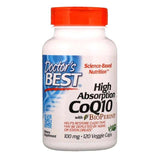

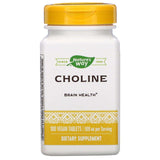



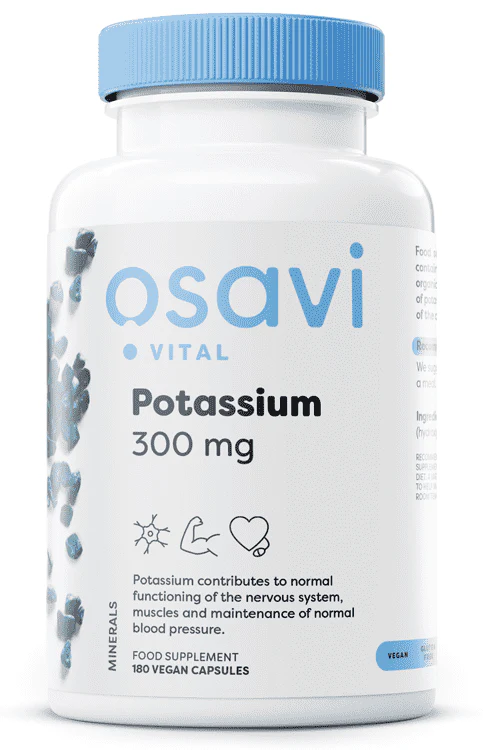


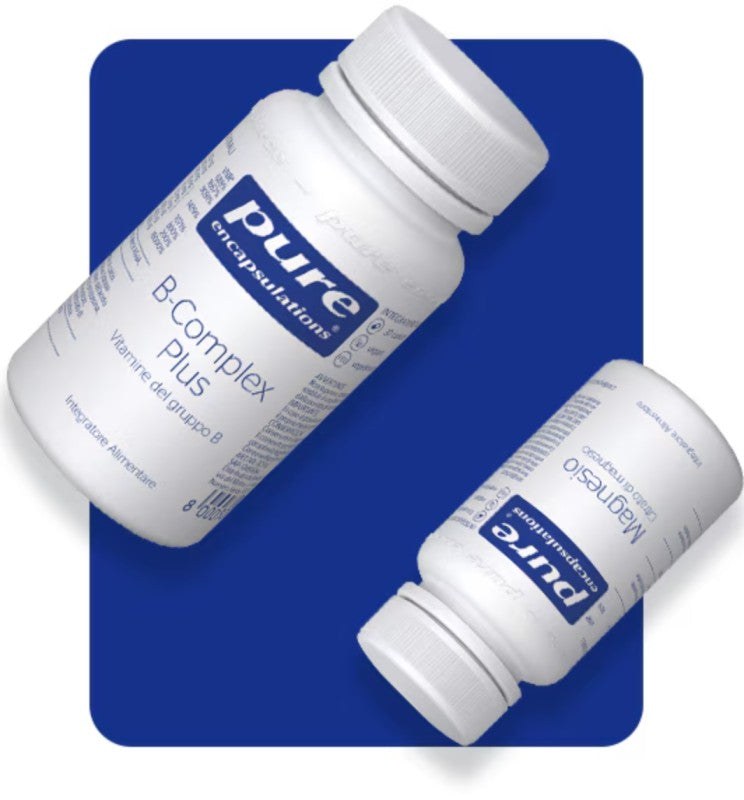
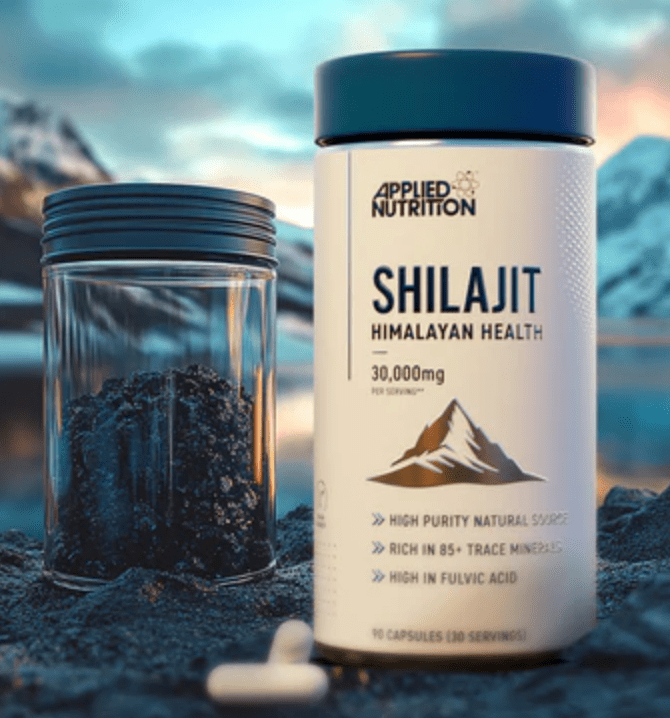
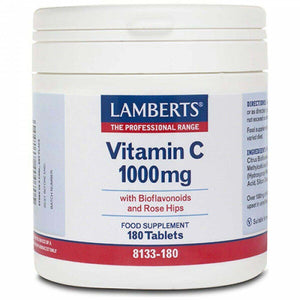




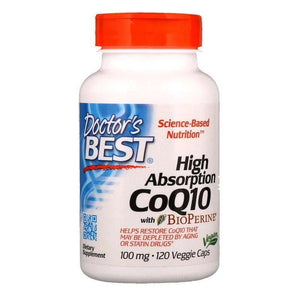
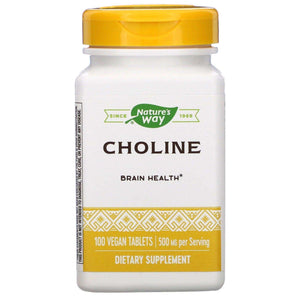





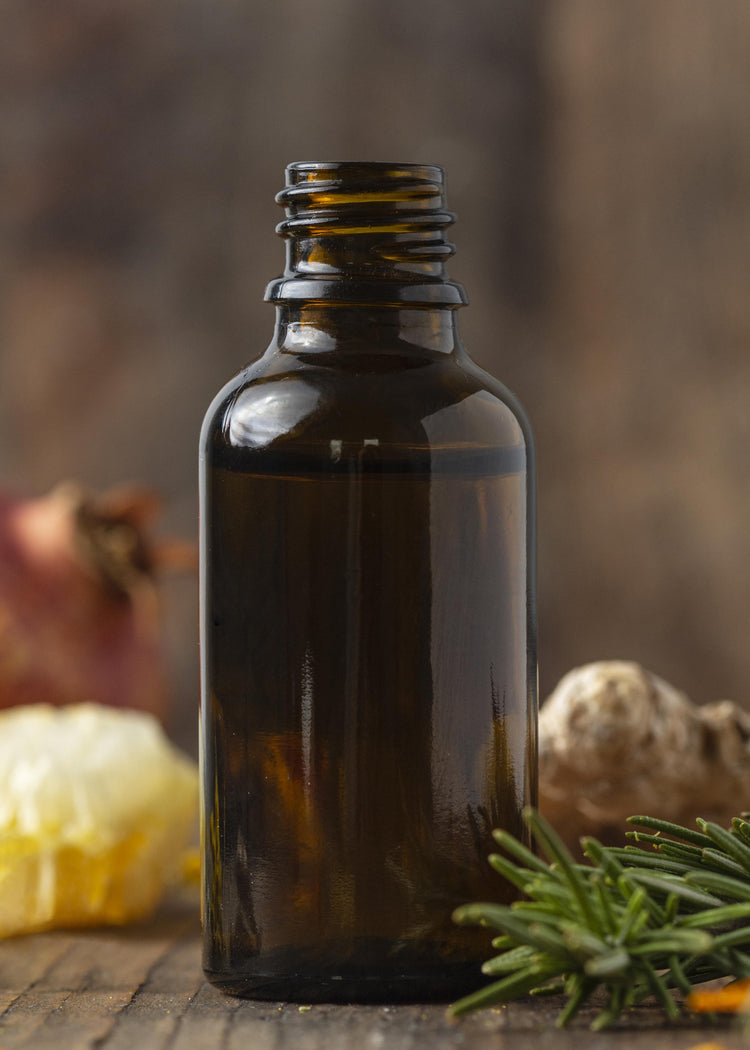
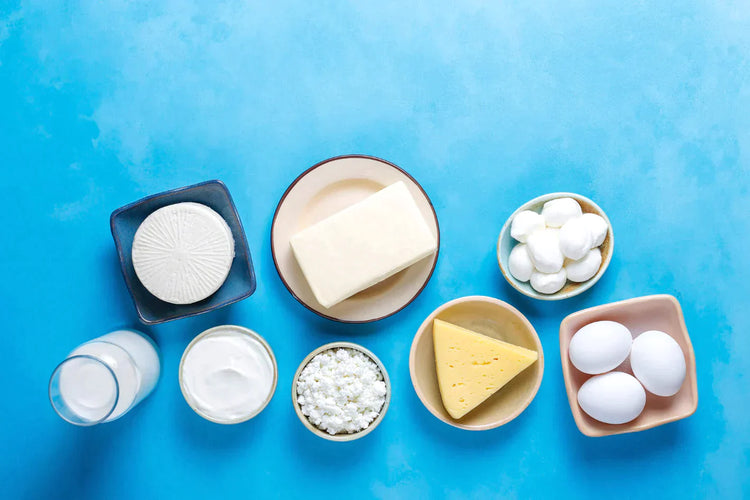




 Rated Excellent by 26,523+ Reviews
Rated Excellent by 26,523+ Reviews